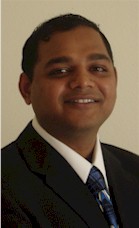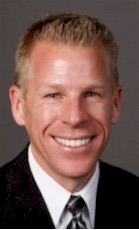
- Revenue Management
- Thinking Differently About Your Revenue Strategy - Practicing Total Revenue Performance
The competitive landscape in today's hospitality industry is more intense than ever. Hoteliers need new ways to differentiate themselves in the eye of the customer to provide world-class service, while still driving profitability across every segment and business unit. But despite the fact that almost every hotel manages multiple revenue streams, team members within each stream still tend to make pricing decisions based on the impact of their line of business only, which is a losing strategy. This article will discuss the benefits of holistic revenue management and the strategy of Total Revenue Performance. READ MORE






.jpg?w=70)












